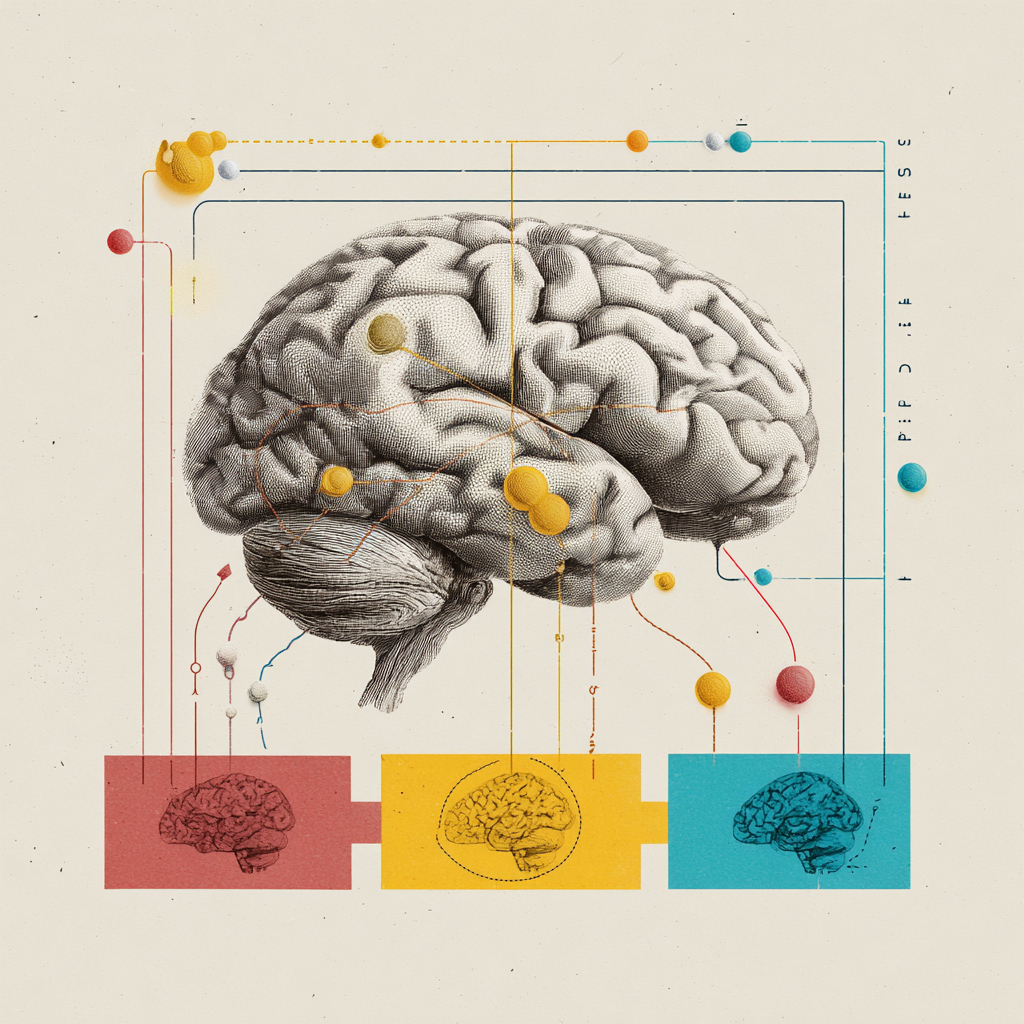By Mike, The SugarFreeMan
Founder of SugarDetox.com and the 30-Day Sugar Freedom Challenge
After 35 years sugar-free and helping tens of thousands of people through detox, I can tell you this: the world is finally catching up.

Featured Snippet Summary: After decades of denial, science and society are finally recognizing that sugar addiction is real. What was once dismissed as “lack of willpower” is now seen for what it truly is-a biochemical dependency that demands recovery, not restriction.
This article was review by Dr. Camela McGrath, MD, FACOG. Find more about her here
The Moment Everything Changed
If you’ve ever tried to quit sugar, you already know the truth: those first few days are brutal.
When I was in it, I’d wake up every morning telling myself, “Today is the day.” By noon, I’d already broken that promise.
Headaches hit around four o’clock. I kept two Tylenol in my pocket just to make it through. And by night? The real binges started.
A whole pizza.
A carton of ice cream.
All washed down with Sprite-because I’d quit caffeine and figured sugar didn’t count.
I’d end the day swearing, “Tomorrow is the day.”
If this sounds familiar, you’re not alone. Back then, no one was talking about sugar addiction. I thought I was weak. Today, we know better.

Science Finally Catches Up
When I started talking about “sugar addiction” over twenty years ago, most people thought I was nuts.
The medical community didn’t recognize it. Nutritionists brushed it off. Even friends rolled their eyes when I told them sugar could hijack your brain the same way drugs do.
But the tide is turning.
- Dr. Robert Lustig’s viral lecture, “Sugar: The Bitter Truth,” exposed how fructose triggers the same dopamine pathways as cocaine and alcohol.
- Gary Taubes followed with The Case Against Sugar, documenting how the food industry buried the evidence for decades.
- The Harvard School of Public Health now openly links excess sugar to obesity, diabetes, and heart disease.
- Even the CDC has declared that cutting added sugar is a top national health priority.
The truth is no longer fringe. It’s fact.
Pull Quote: “Sugar addiction isn’t about willpower. It’s about biochemistry.”
Why It’s Going Viral Now
For years, those of us in the recovery space were shouting into the void. Then something changed.
Social media gave people permission to tell the truth about their relationship with sugar. Suddenly, videos about quitting sugar were getting millions of views. Documentaries like That Sugar Film and Fed Up started spreading like wildfire.
Why? Because the pain is universal.
Every January, people flood the internet searching for “how to stop sugar cravings.” They’re not looking for another fad diet-they’re looking for a way out.
And when they hear real stories from people who’ve been through it-like mine-they finally believe recovery is possible.
Sugar Use Disorder: The Real Name for What You’re Feeling
Researchers are beginning to use a new term: Sugar Use Disorder.
It describes the exact pattern you might recognize in yourself:
- Craving sugar even when you’re not hungry
- Eating more than intended
- Trying to quit and failing repeatedly
- Feeling anxious or irritable without it
Sound familiar? That’s not weakness-it’s dependency.
Your brain has been trained to seek dopamine spikes from sugar the same way an addict seeks a fix. It’s not your fault. But it is your responsibility to heal.
The Recovery Mindset
Quitting sugar isn’t just about cutting calories. It’s about recovery.
Recovery means healing your body and rewiring your brain.
It’s not about perfection-it’s about progress.
Here’s what that looks like in real life:

1. Accept That You’re in Recovery
You’re not “on a diet.” You’re recovering from dependency. That shift in mindset changes everything. Be kind to yourself.
2. Remove the Drug
Clean out your environment. Sugar hides in everything-from ketchup to salad dressing.
Start reading labels and replace hidden sugar foods with whole foods that don’t hijack your brain.
3. Prepare for Withdrawal
Headaches, fatigue, mood swings-these are real. They’re signs your body is recalibrating. Drink water, rest, and eat enough real food.
Tip: Magnesium and electrolytes can help reduce cravings during detox.
4. Replace Sugar With Structure
Without structure, cravings win. Create daily rituals-morning hydration, afternoon walk, evening journaling-that anchor your day without sugar. If you’re serious about this, sugardetox.com will walk you through every step.
You don’t have to guess anymore.
Want Help Making It Easier?
Get daily guidance inside the 30-Day Sugar Detox Challenge and start your recovery the right way.
Why Sugar Detox Works Better Than Diets
Most people fail at diets because they treat sugar like food instead of a drug.
Sugar detox works because it’s based on neuroscience, not willpower.
When you remove sugar long enough for your dopamine system to reset, cravings fade.
Your taste buds recover.
Your energy stabilizes.
Your mood lifts.
Within two weeks, most people report clearer thinking and calmer energy. Within a month, many describe it as “feeling like myself again.”
And it’s not just psychological. Studies show that sugar withdrawal symptoms-anxiety, irritability, fatigue-mirror those of opioid withdrawal. But unlike opioids, sugar recovery happens faster and more completely.
Key Takeaway: You don’t need to “fight” cravings forever. You just need to stop feeding them long enough for your brain to heal.
The Cultural Shift: From Denial to Awareness
Sugar is the new tobacco.
For decades, industry lobbyists paid scientists to downplay sugar’s role in heart disease and obesity. A 2016 JAMA Internal Medicine paper revealed that the Sugar Research Foundation funded Harvard scientists in the 1960s to shift blame from sugar to fat.
That single act reshaped dietary policy for generations-and nearly destroyed public health.
Today, that lie is being exposed.
The public conversation has changed from “Should we cut back on sugar?” to “Why is sugar in everything?”
Even major food companies are reformulating products to reduce added sugars. But until your own habits change, their marketing doesn’t matter.
From Viral Awareness to Personal Action
It’s great that sugar detox is trending. But the real transformation happens offline-inside your kitchen, your habits, your mindset.
Here’s how to make that viral awareness personal:
- Start small but commit big. One clean day can break the pattern.
- Connect with a community. Quitting sugar is easier when you’re not doing it alone.
- Track your wins. Each craving resisted, each label read, each sugar-free meal is a step toward freedom.
- Forgive the setbacks. They’re data, not failure.
If you’re ready to take this seriously, join me inside the 30-Day Sugar Detox Challenge. It’s the same framework I’ve used to help thousands finally get free from sugar’s grip. You’ll learn the exact steps I used to go from daily binges to 35 years of freedom.
The Bottom Line
Sugar addiction recovery isn’t a trend-it’s a movement.
What started as a whisper is becoming a roar. Doctors, researchers, and everyday people are realizing that sugar isn’t just empty calories-it’s a drug.
And like any addiction, recovery starts when you stop blaming yourself and start treating the problem at its source.
You can live free. You can heal. And you can start today.
About the Author
Mike Collins, known as “The SugarFreeMan,” has been sugar-free for over 35 years and is the founder of SugarDetox.com. He has helped tens of thousands of people break free from sugar addiction through his evidence-based approach combining nutritional science with practical behavior change strategies.
Medical Disclaimer
This article is for educational purposes only and is not intended to replace professional medical advice. Always consult with a healthcare provider before making significant dietary changes, especially if you have underlying health conditions.
Featured Snippet Summary:
Sugar addiction recovery is finally gaining recognition. Learn why detoxing from sugar is the next major health movement and how to begin safely.
FAQs
Q1: What is sugar detox?
A sugar detox is a short-term plan to remove added sugars from your diet, allowing your body and brain to reset. It helps balance blood sugar, reduce cravings, and restore natural energy.
Q2: How long does sugar withdrawal last?
Most people experience symptoms for 3-7 days. Fatigue, irritability, and headaches are common but fade as dopamine levels stabilize.
Q3: Is sugar addiction real?
Yes. Studies show sugar activates the brain’s reward system in ways similar to drugs like cocaine and nicotine, leading to dependency and withdrawal symptoms.
Q4: What foods should I avoid during a sugar detox?
Avoid processed foods with added sugars-sodas, sauces, cereals, energy bars, and most packaged snacks. Focus on whole foods like vegetables, proteins, and healthy fats.
Q5: Can I do a sugar detox safely with diabetes?
Yes, but always consult your doctor. Gradual reduction under medical supervision helps maintain stable blood sugar levels
.Q6: How can I make my sugar detox easier?
Stay hydrated, eat enough protein, manage stress, and get community support. The 30-Day Sugar Detox Challenge provides daily guidance and accountability.






